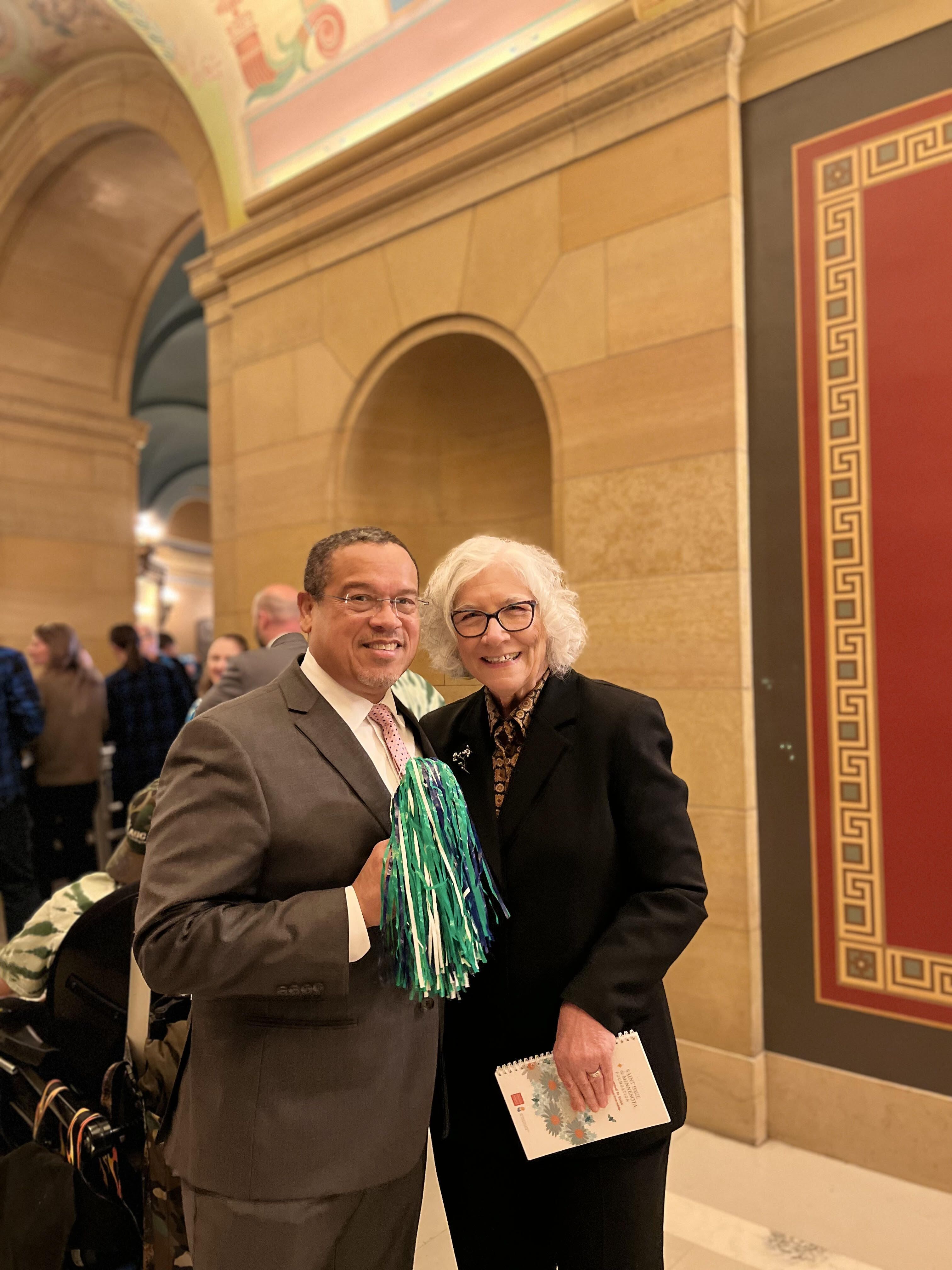
This legislative season, Sue Mackert has been a steady and respected voice for disability services, working with local legislators, educating community leaders, and ensuring that the needs of people with disabilities, their families, and providers are represented in policy conversations. Her approach demonstrates the value of advocacy rooted in respect, persistence, and education.
Mackert emphasizes that advocacy begins with a deep respect for the legislative process. “We have to understand and know the process from beginning to end,” she explains. Legislators balance competing priorities and face difficult decisions, and effective advocates must not only share information but also listen carefully and recognize the weight of that responsibility. “We must respect the job that legislators have to do. Advocate and educate, but accept the final result.”
Mackert contributes much of her success to building strong, long-term relationships with lawmakers. She encourages organizations to learn about their legislators by reviewing campaign and legislative websites, to engage with local leaders by attending local forums such as town halls and chamber of commerce meetings, and to be a voice in the community by participating at meet-and-greet events. Make it a priority to thank legislators and local leaders for their service: send letters of appreciation, inviting leaders to agency events helps build meaningful relationships, and always be respectful of their time.
Education also plays a central role in Mackert’s approach. “With disabilities, we have the challenge of working with many leaders who may have never been exposed to anyone with a disability,” she encourages agencies to share stories, invite parents, guardians, and self-advocates into conversations, and explain the real-world effects of budget decisions. Organizations must, “educate the importance and the impact of disabilities and disability support”. At the same time, she stresses the importance of keeping boards and finance committees informed so they can anticipate the broader impact of state and federal policies, particularly around Medicaid and other funding sources. While these changes can be daunting, Mackert takes a positive view on finding new ways to support the work of organizations.
Optimism, relationship building, and forward thinking define Mackert’s advocacy. She points out that change, while often challenging, can inspire innovation in agencies and communities. Leaders, parents, guardians, employees, and self-advocates can all be motivated to adapt in ways that strengthen services and broaden community engagement. For Mackert, advocacy is expansive and must continue to grow. And, above all, it requires respect for the process and for the people who serve within it, regardless of party affiliation. Through her leadership, Mackert reminds us that advocacy for disability services is not just about shaping laws, but about building lasting relationships that create stronger, more inclusive communities. MOHR is proud to recognize her work this session.
